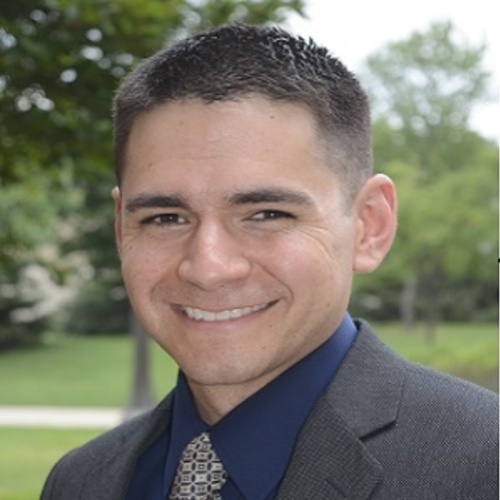Patristics
Next Session: Aug 26, 2024
The study of Patristics directs us to a contemplation of the faith and life of the first generations of Christian believers. Historically focused on the study of the writings of the Fathers (Patres) of the Church, Patristics considers the history of early Christianity through the lens of the handing on of the faith in all of its complexity and unity. After the age of the Apostles and the events of the New Testament, the next generations sought to be authentic witnesses in word and deed to Christ, even as they encountered new and unexpected challenges and questions. This course will provide a foundational understanding of early Christian history through a select engagement with the writings of the Church Fathers and a focused investigation of the context, issues, and development of Patristic theology.
By the end of the course, the student should be able to:
- Identify major figures and events in early Christian history and their importance for an understanding of Christian faith and doctrine in the modern world.
- Demonstrate the complementary nature of lived Christian witness and the intellectual investigation of Christian belief in the first five centuries of Christian history.
- Articulate the importance of Patristic thought and experience for the contemporary life of Christian discipleship.
Course Content
Unit 1: Introduction to Patristics: The Dimensions of Christian Witness
Unit 2: Defending the Faith – The Witness of Martyrs and Apologists
Unit 3: Encountering God’s Word – Scripture in Patristic Theology
Unit 4: Preserving the Mystery – The Development of Doctrine
Unit 5: Portrait of a Theologian – Patristic Theology and the Integrity of Christian Faith
Unit 6: Patristic Theology Today – An Enduring Witness
Course Format
- Seven weeks in duration, with one week for orientation.
- Typically 15-20 students in each course.
- Lecture delivered by video player.
- All lecture text available online in text format.
- Supplemental readings are provided to encourage further exploration of topic, internet links provided for all readings.
- Written assignments (200-250 words) required.
- Facilitator-moderated Zoom sessions with students in the course.
Required Texts
- All course materials are available online in the course.
Participation Requirements
- View or read the lecture for each unit.
- Read assigned texts; keep notes, questions, and comments for class discussion.
- Participate in the class discussion using the Forums area: post at least 2 comments, questions, or responses per unit.
- Respond to the assignment in each unit.
- Participate in at least 4 scheduled Zoom sessions throughout the course.
- Complete the course evaluation.
Time Expectations
4 to 6 hours per week, depending on your learning style and schedule.
Course Certificate
A certificate of completion awarding 35 contact hours will be sent upon completion of all course requirements.

Dr. Gregory Cruess
Gregory Cruess is an Assistant Professor of Theology and Ministry at the University of Dallas where he teaches historical and systematic theology. His research focuses on Patristic Theology, with a specialization in the thought of Saint Augustine of Hippo. He and his wife, Fatima, reside in Irving, TX with their children.